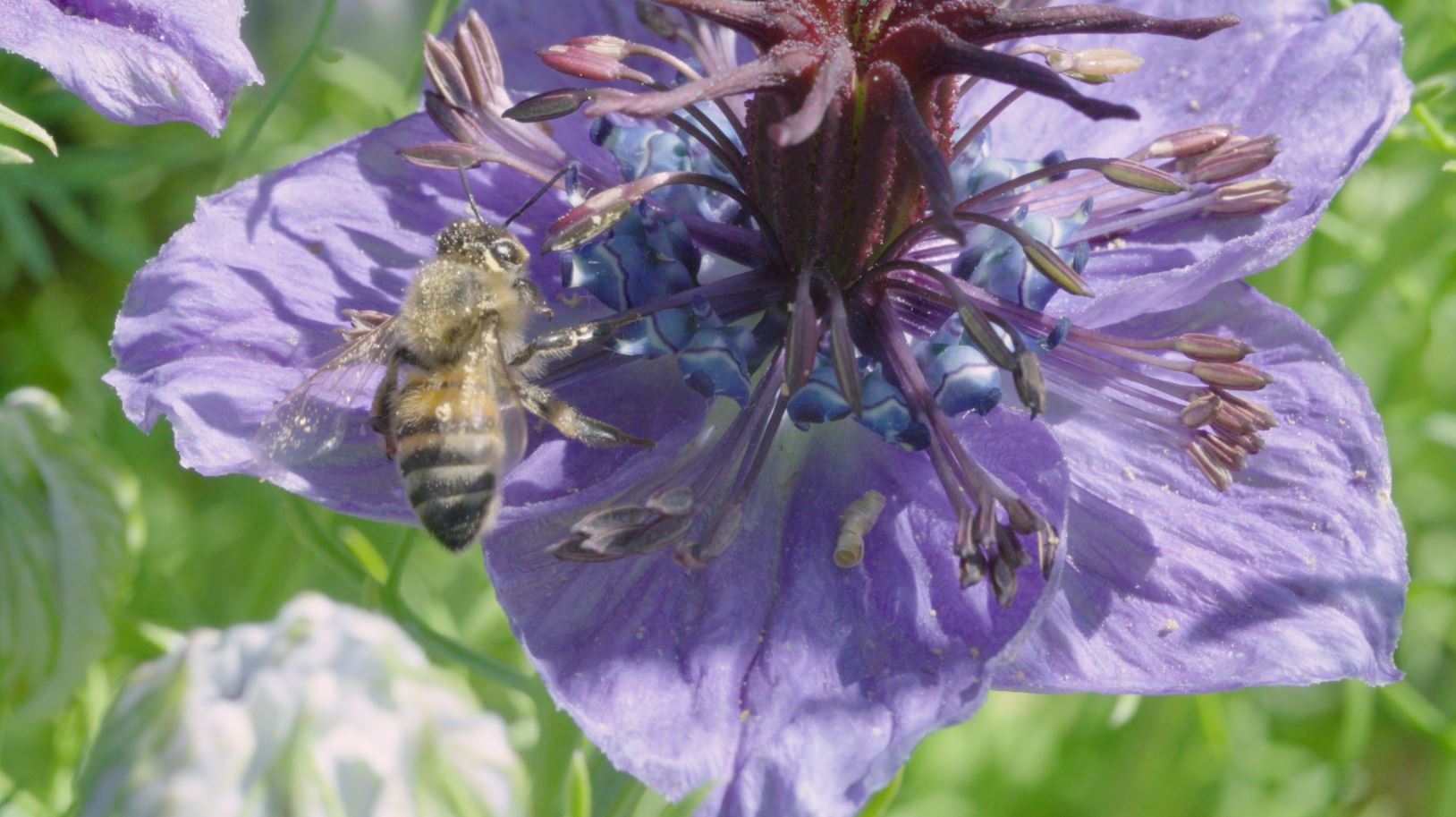Organic farming enhances the population of honeybees and production of honey, a new study has found.
Published in the Journal of Applied Ecology, the report evaluated six years of data from 50 hives in south west France to measure the effect of farming on bee colonies.
It found that compared with bee colonies on non-organic land, colonies on organic farms had 37 per cent more broods, with 20 per cent more adult bees, and 53 per cent greater honey production.
The bigger brood numbers may be the result of a wider diversity of pollen resources or lower mortality from local application of pesticides, the report said, while increased honey production is likely to come from the greater diversity and availability of melliferous flowers.
Bees also benefit from the “spontaneous vegetation”, such as weeds or uncultivated field borders, that are present on organic land.
Research by the same team in the previous year found that a period of flower scarcity shrank bee population.
“The study shows that organic farming can blunt the negative effects of intensive agriculture and increase the survival of bees, which play essential roles as pollinators,” the study concluded.















0 Comments